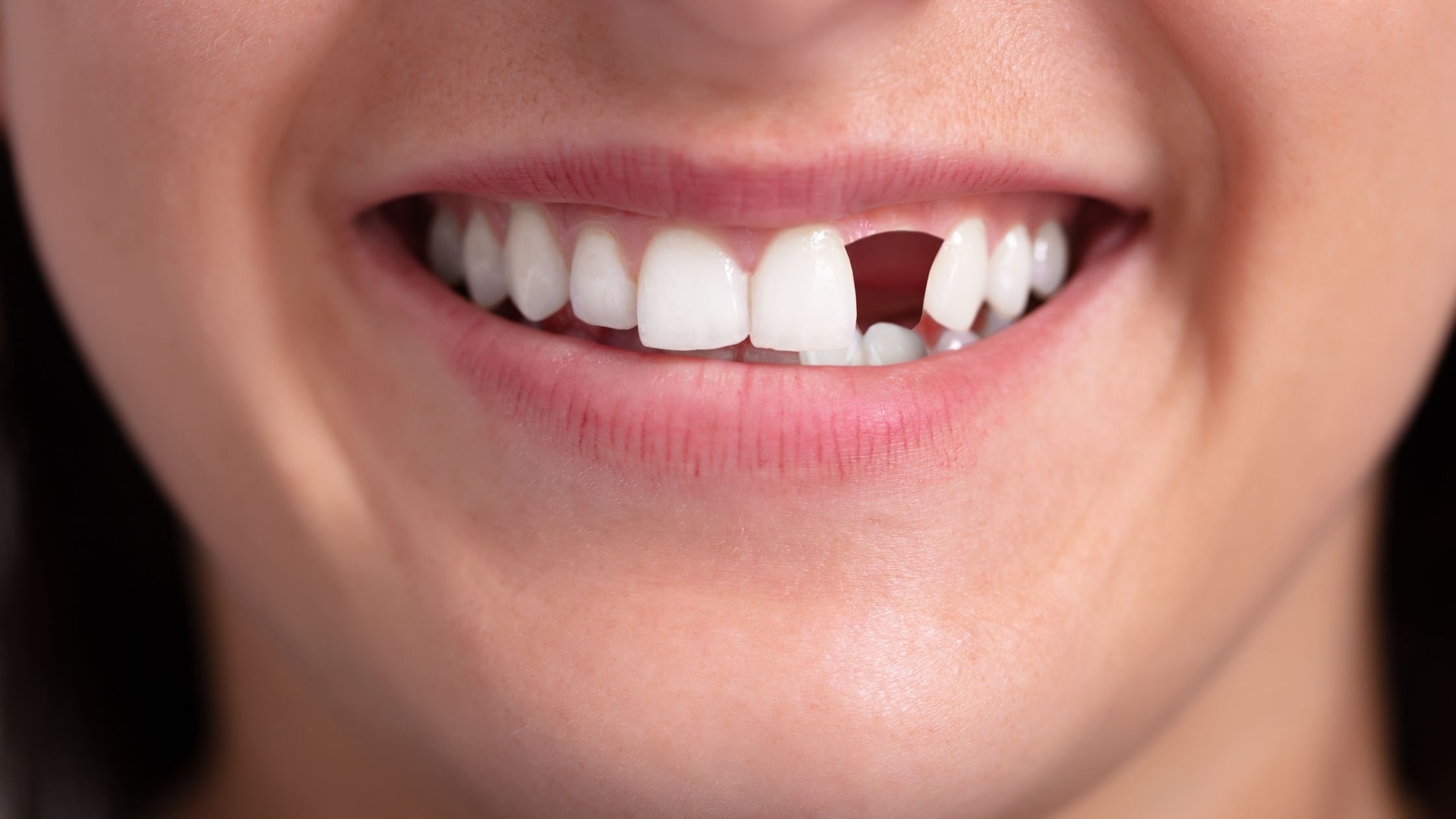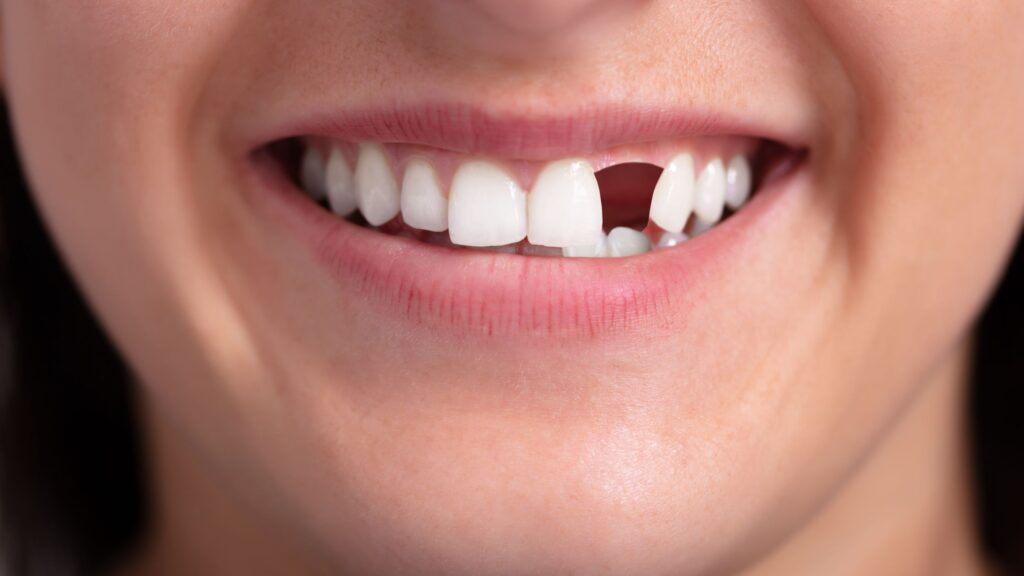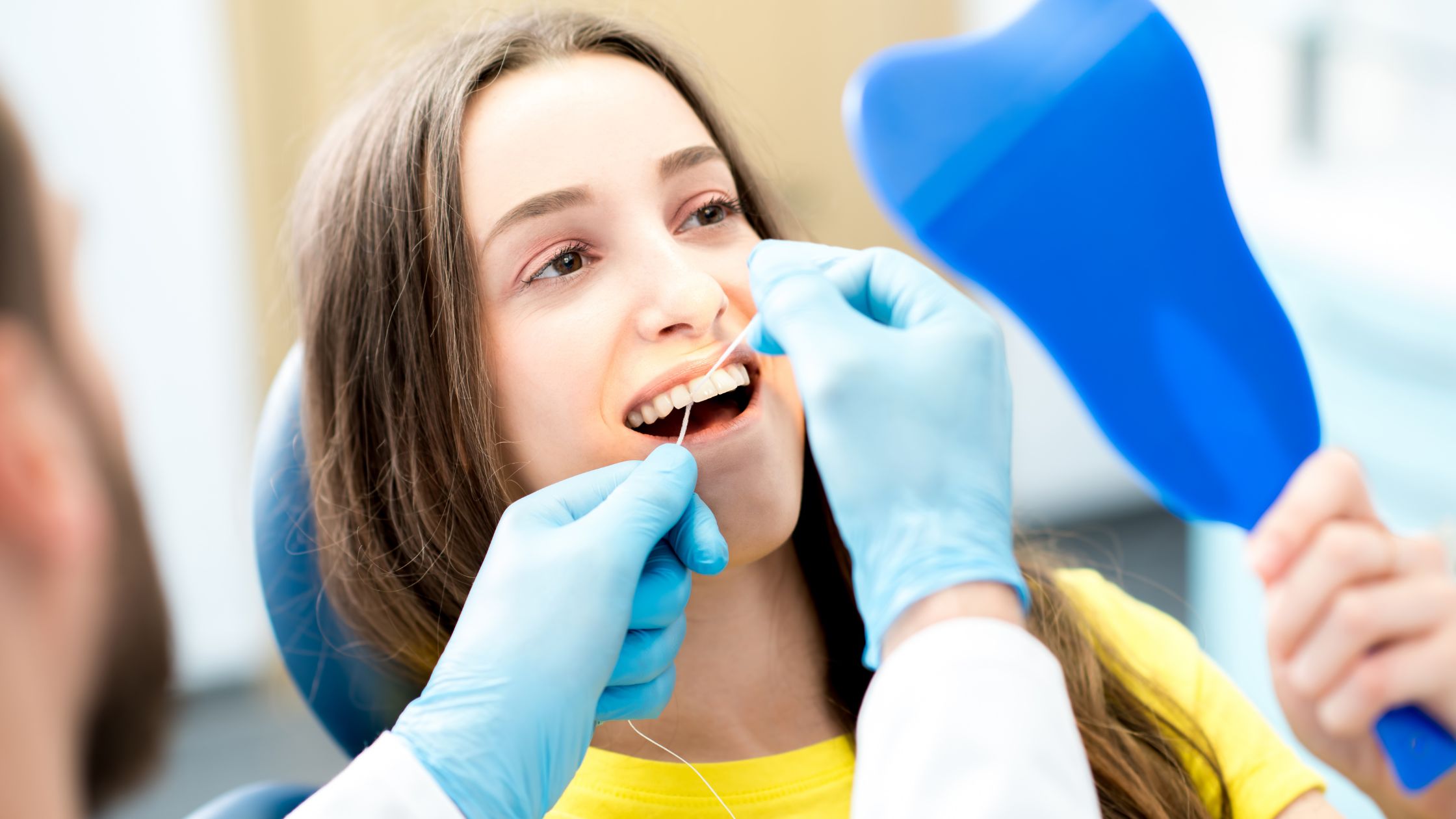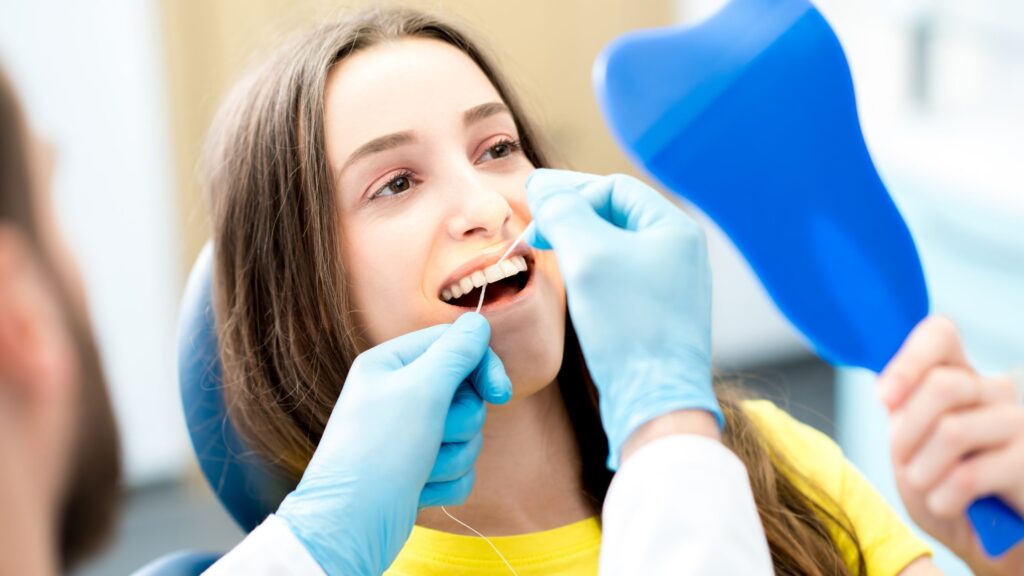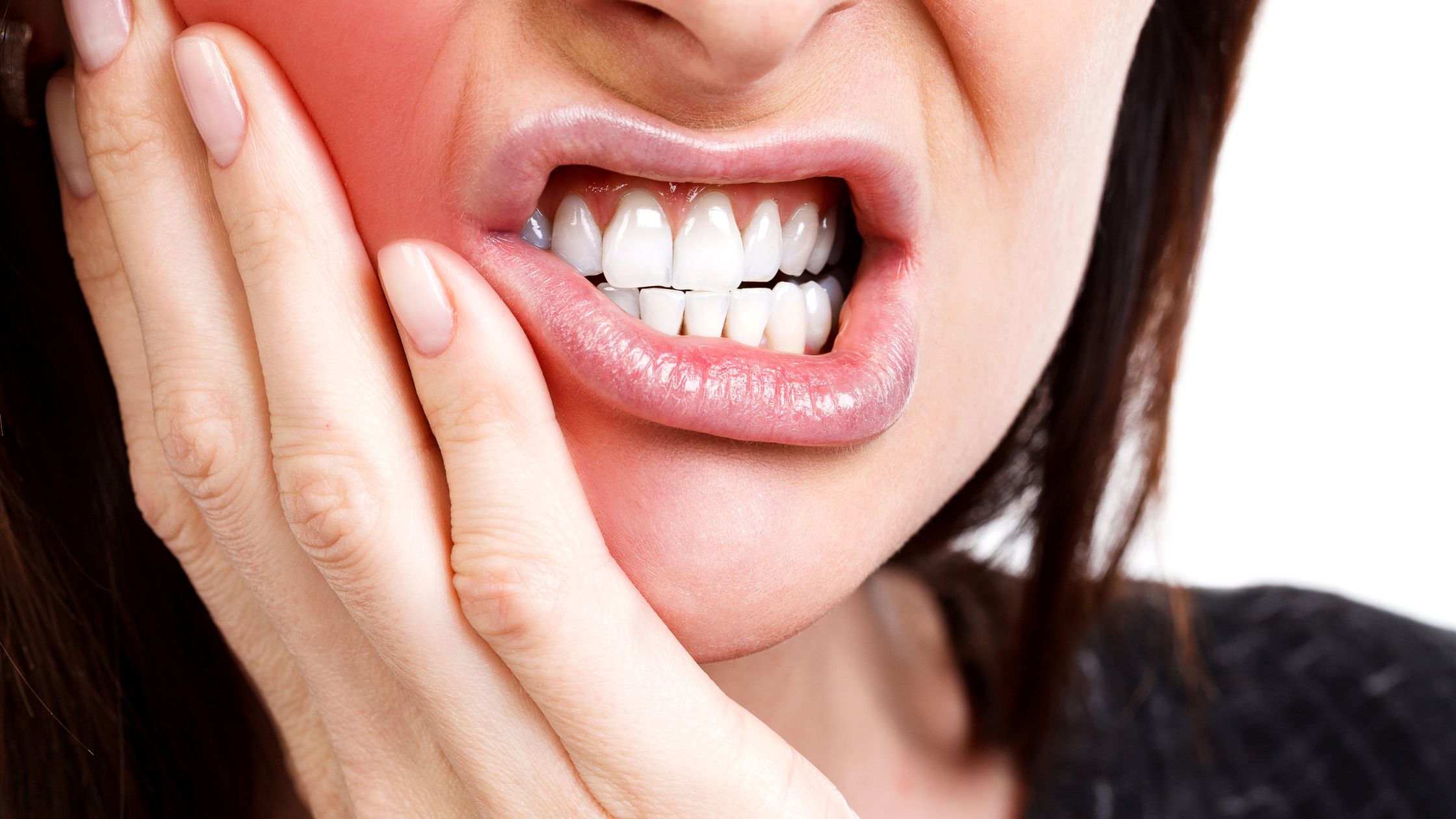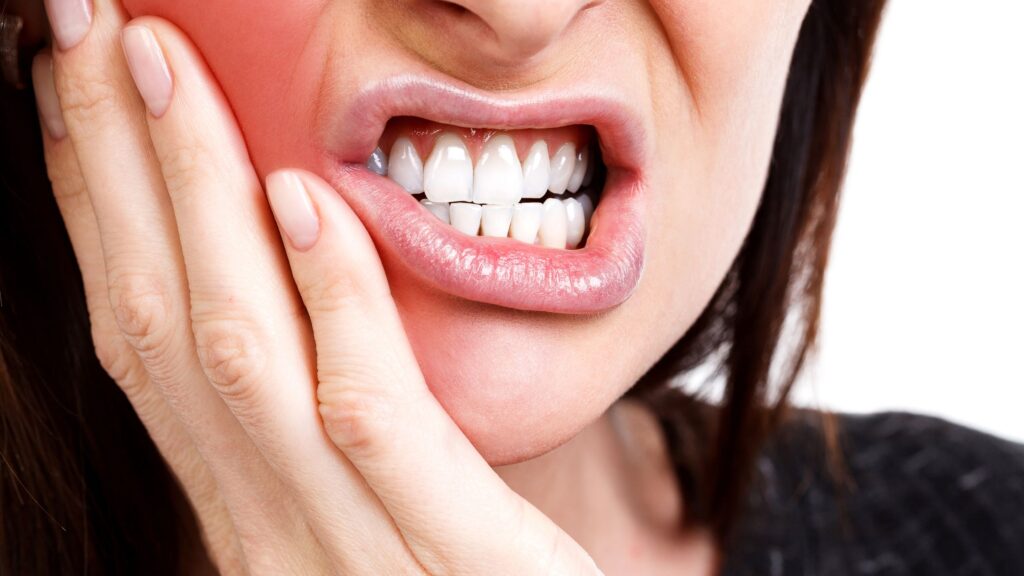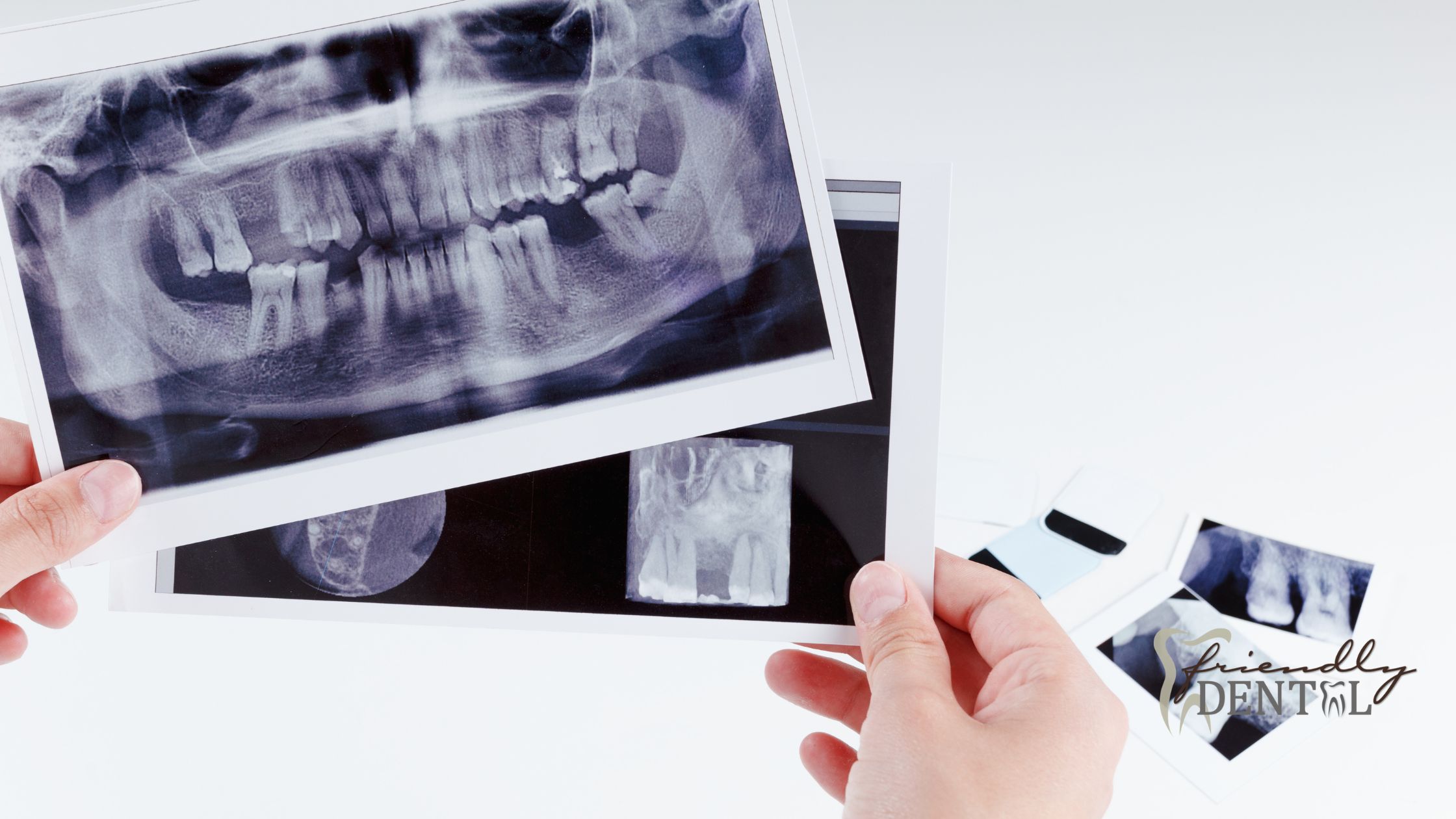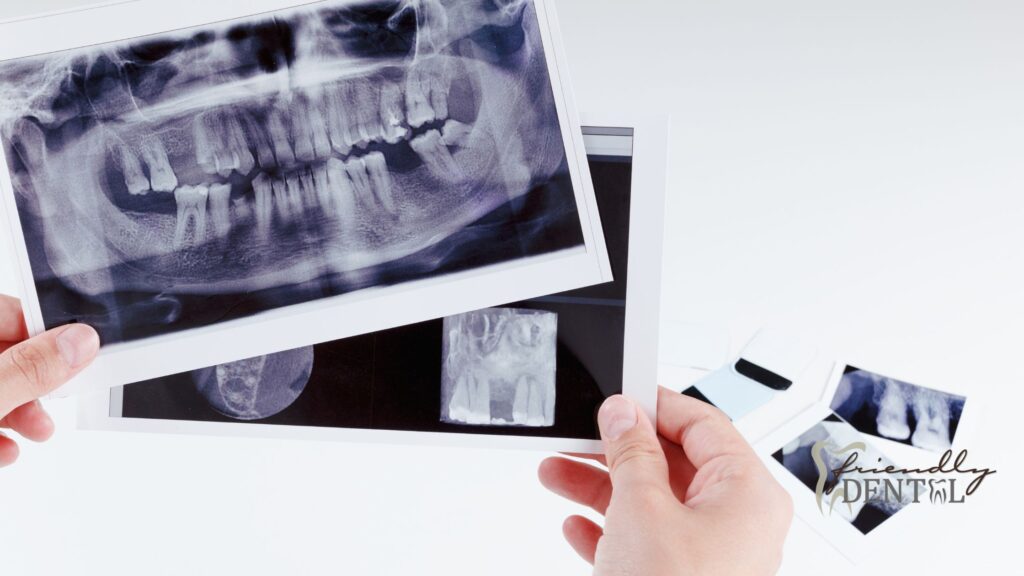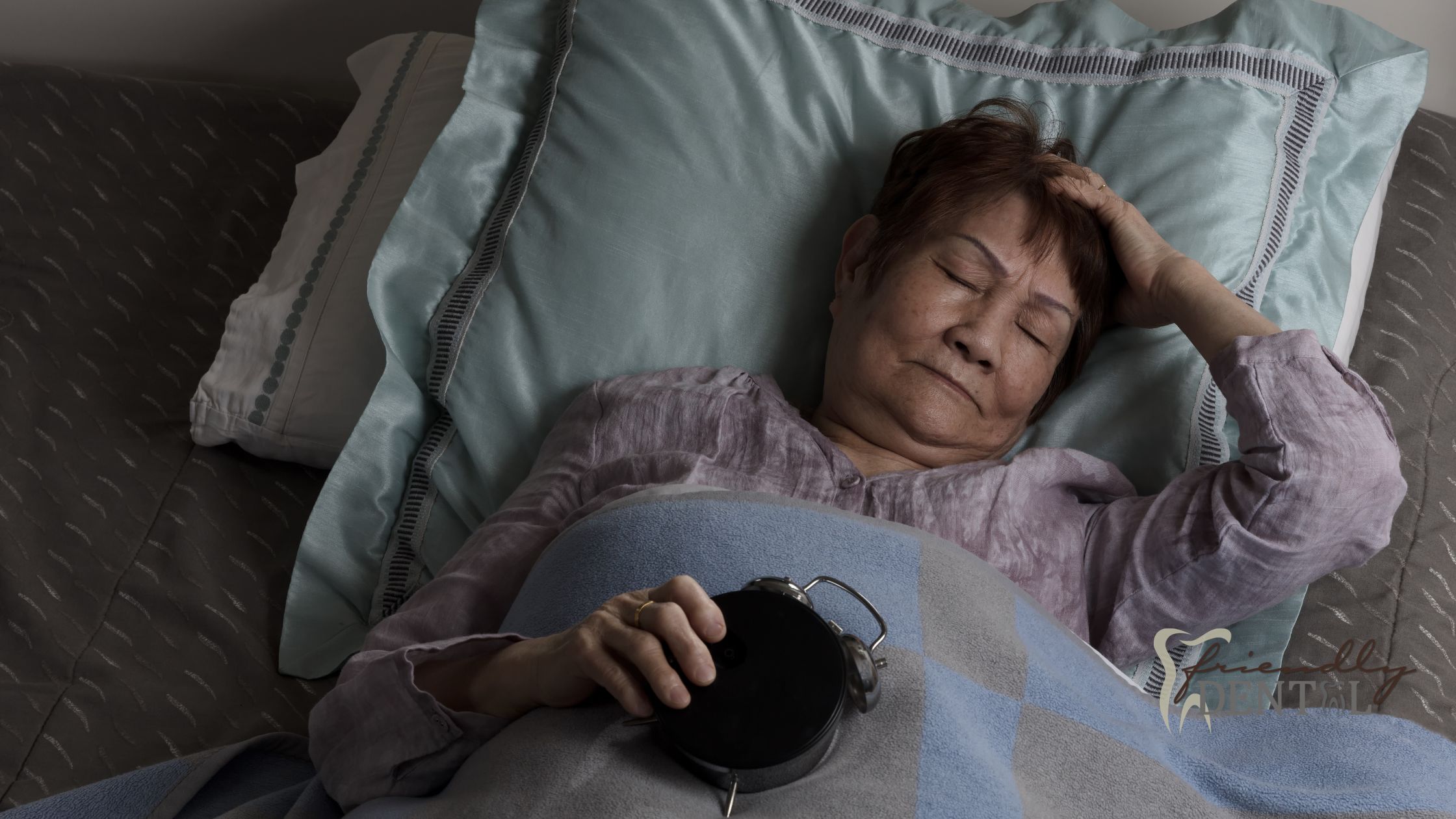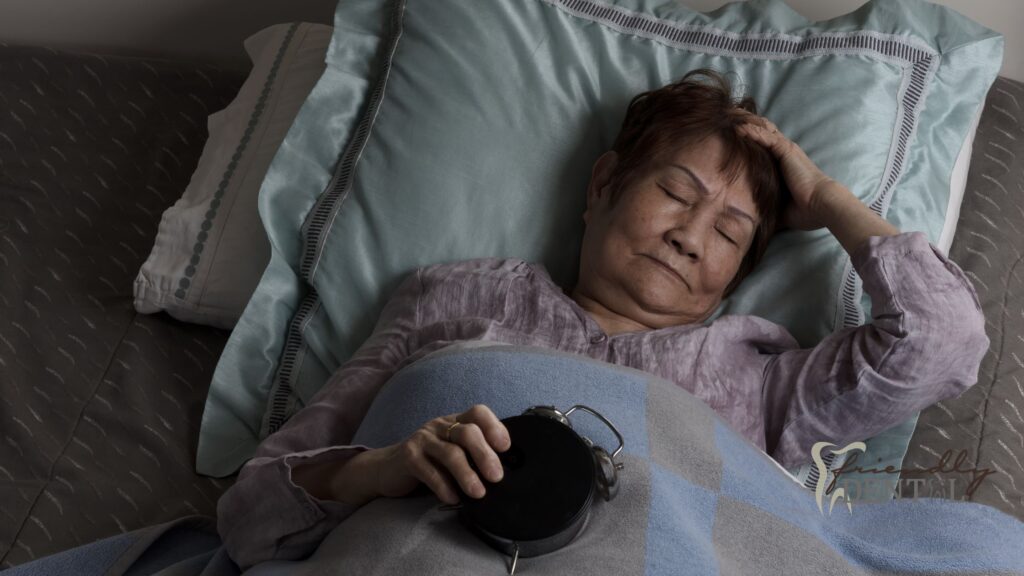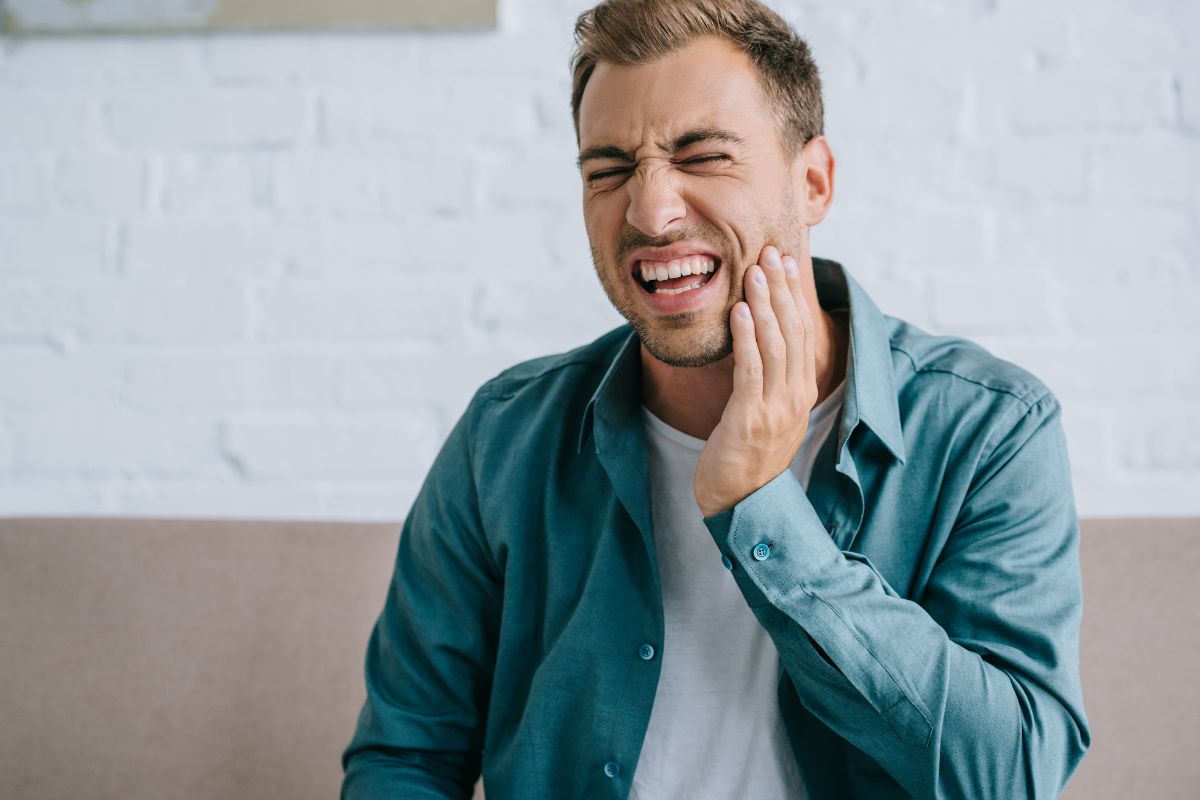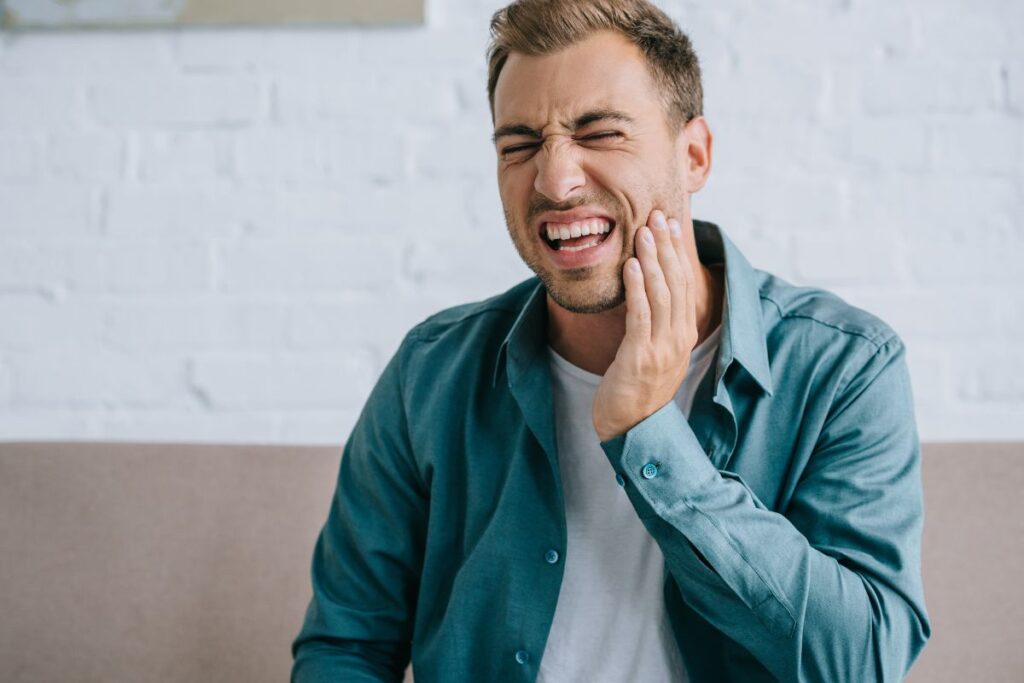Toothache Triggers

Toothache Triggers: What Foods and Beverages to Avoid
Toothaches can be quite a pain to deal with, and it is never easy to pinpoint the cause of the discomfort. One of the culprits of toothaches is the food that we eat and the beverages we drink. It is essential to know what kind of food to avoid to prevent toothaches. In this blog post, we will discuss some of the food and drinks that you should avoid to keep your teeth in tip-top shape.
Sugary Foods and Beverages
Sugar is undoubtedly the number one enemy of our teeth. Consuming too much sugar in our diet can cause a lot of damage to our oral health. Sugary foods and drinks, such as soda, candy, chocolate, and cake, can lead to tooth decay and cavities. When bacteria in our mouth start to feed on the sugar, it produces acid that can erode the enamel, leading to tooth sensitivity and pain.
Acidic Fruits and Juices
Fruits and fruit juices may seem healthy, but some of them can be quite acidic, which can cause toothaches. Citric fruits, such as lemons, limes, and oranges, can wear down the enamel, causing tooth sensitivity and pain. Drinking lots of fruit juice can also be harmful, especially if it is high in sugar.
Ice and Hard Candies
Crunching down on ice or hard candy may seem harmless, but it can cause a lot of damage to your teeth. These hard substances can wear down the enamel, causing cracks and chips that expose the dentin layer of your teeth. Once the dentin is exposed, you may start to feel tooth sensitivity and pain.
Hot and Cold Beverages
Drinking hot or cold beverages may cause tooth sensitivity and pain. The sudden change in temperature can cause the enamel to expand and contract, leading to cracks and chips. If you have sensitive teeth, it is best to avoid hot or cold drinks to prevent toothaches.
Starchy Foods
Starchy foods, such as chips, bread, and pasta, can be quite harmful to our oral health. These foods tend to stick to our teeth, and if not cleaned properly, can lead to plaque build-up and tooth decay. It is best to rinse your mouth with water after eating starchy foods and make sure to brush and floss regularly.
Contact Us Today!
Toothaches can be quite a nuisance, but with proper oral care and the right diet, we can prevent them from happening. Avoiding sugary foods and drinks, acidic fruits and juices, ice and hard candies, hot and cold beverages, and starchy foods can go a long way in keeping our teeth healthy and pain-free.
As dental professionals, it is our job to educate our patients on the proper diet and oral care to maintain their oral health. If you have any concerns about your oral health or need more information on how to prevent toothaches, feel free to reach out to your Aberdeen dentist. Friendly Dental in Aberdeen NJ is always here to help you achieve optimal oral health.


